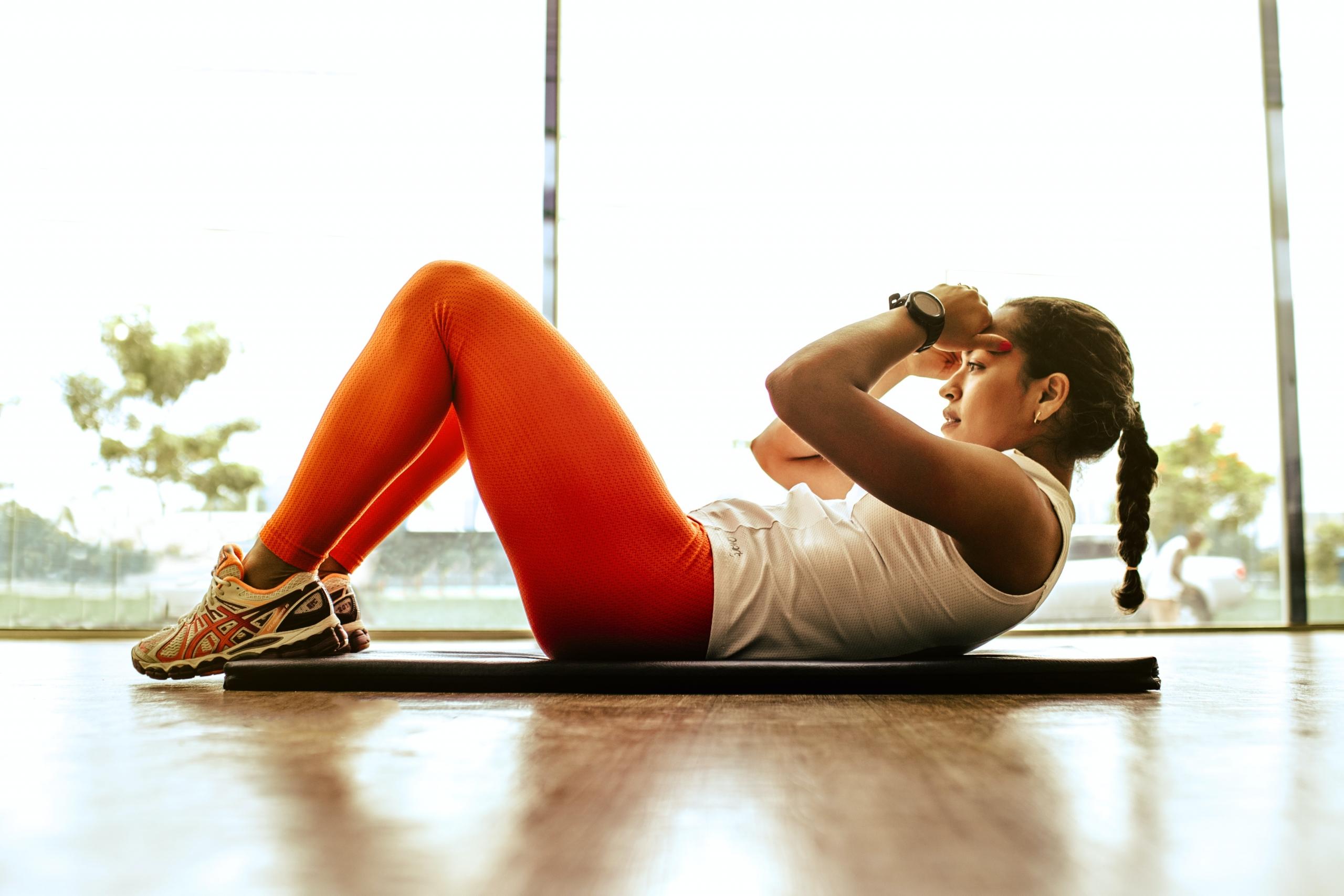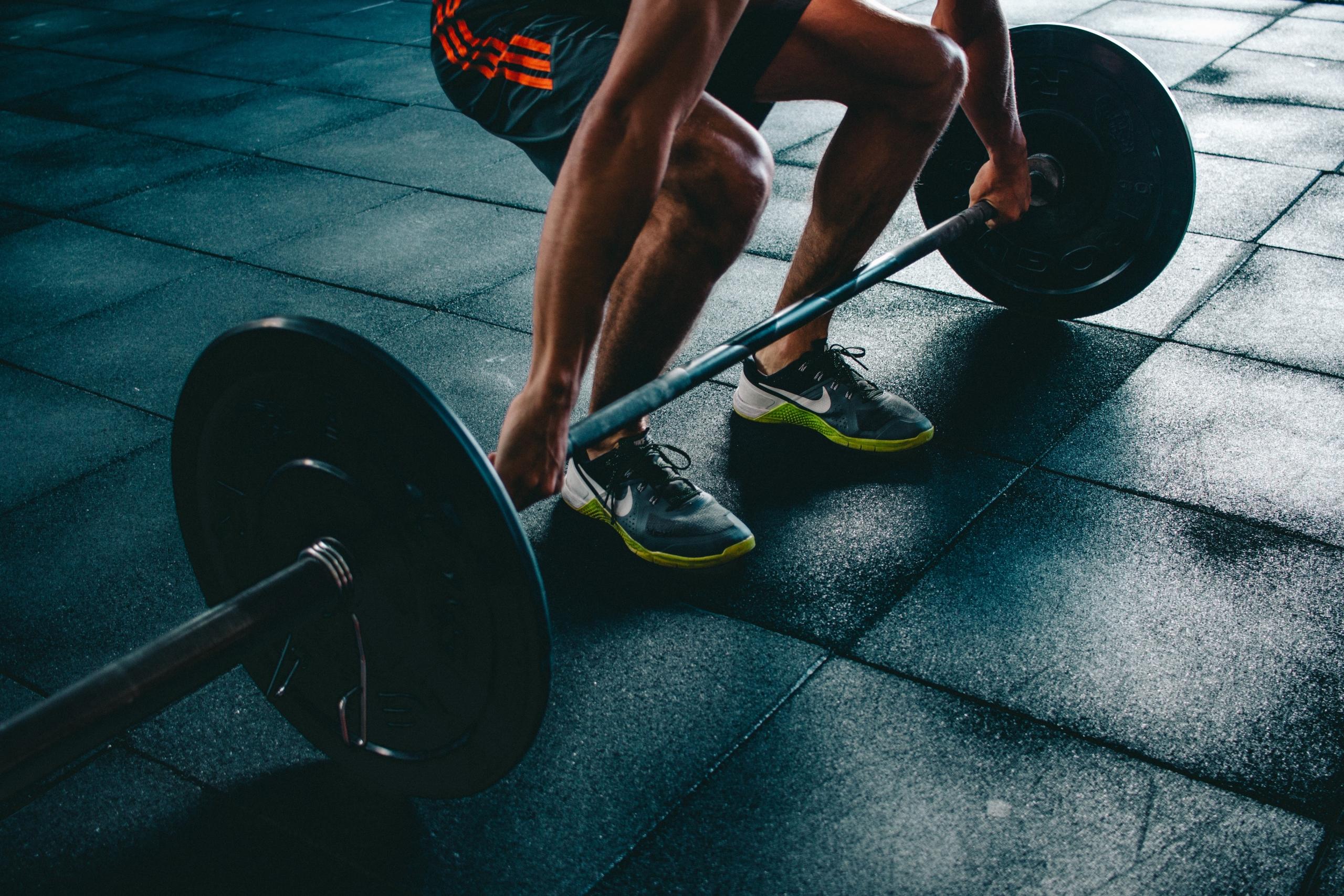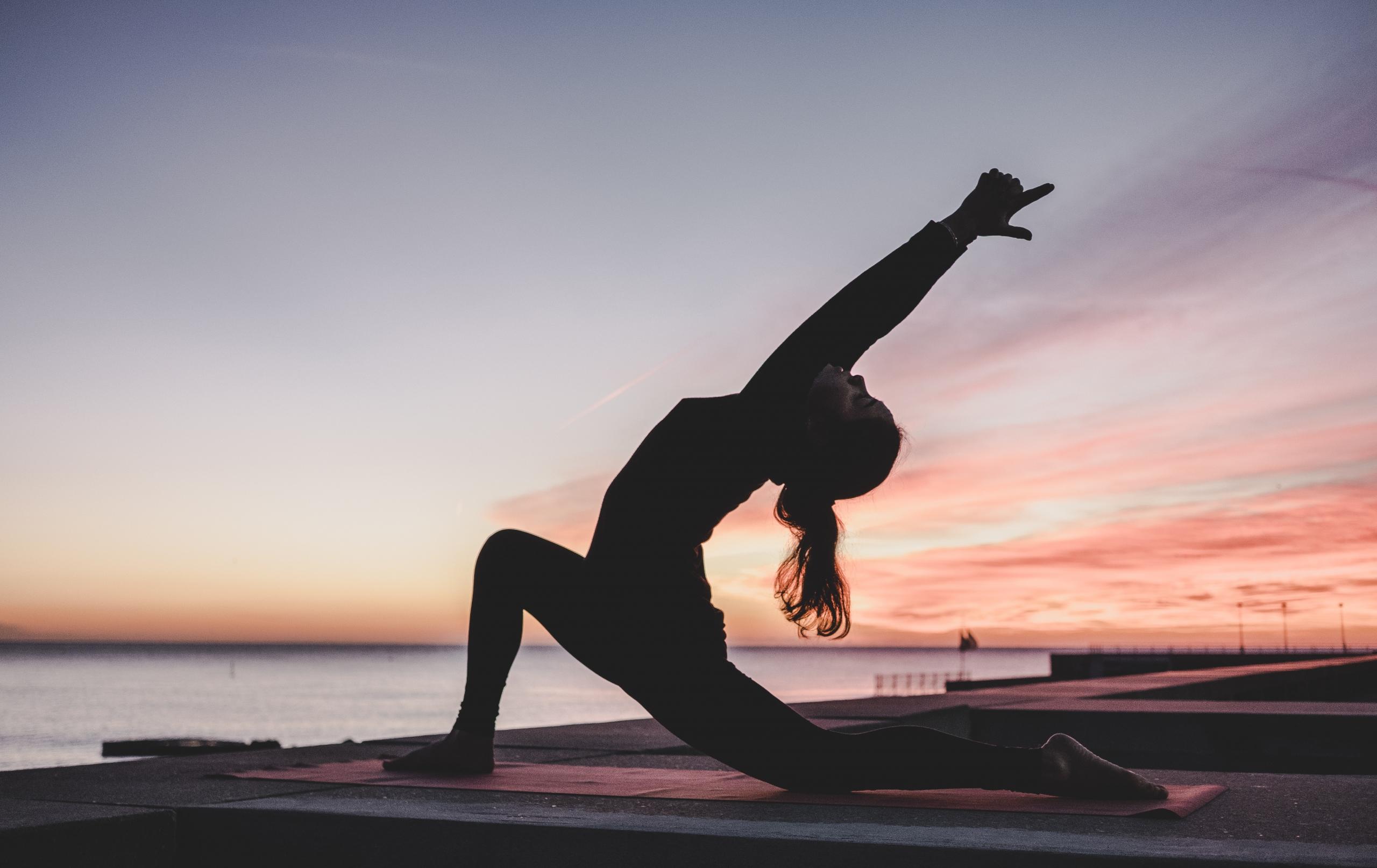When you start your college life you'll notice that your previous routines and habits might be affected. This happens because college brings a lot of new things to your life and as you work to adapt to it, you're bound to let some other stuff slip off.
For instance, students always have a harder time keeping track of their regular workout routine once they start classes. This happens mostly because it takes a lot of energy to cope with the amount of work you're given and during the process, you'll probably forget your cardio workout.
If this happens to you, it is ok! Do not blame yourself for feeling like you're unable to find time to do your daily training, exercises, routine, or gym visit. What matters is that you recognize you've neglected an area of your life and you compromise to at least get started.
This doesn't mean you have to do crazy weight lifting, count calories, build strength, have a diet, attend yoga or aerobic classes, and bust yourself in the gym. All it means is that if you want good health you need to quit the sedentary lifestyle.
Quitting the sedentary life is not hard! Walking to class, stretching for a few minutes every morning, doing some quick exercises on your yoga mat, and any other type of body movement counts.
If you think about it, doing a vigorous aerobic exercise will give you the energy to continue doing other activities throughout the day. All you have to do is stay active and do exercises with a moderate level of intensity.

To continue exercising during your college years you can consider getting help from a private tutor. If you feel like you don't know where to look for a fitness coach you can find one right here on Superprof.
Looking for a private tutor on Superprof has many benefits and you'll see that there are plenty of tutors offering training sessions at different prices.
Continue reading to learn how much physical activity you need to do according to your age, how to take care of your health as a college student, how to make time to do your workout and more.

Working out to stay healthy
Including physical activity into your day-to-day routine is important not because summer is coming (that should never matter), but because your health depends on it.
Having a daily exercise routine can bring so many benefits to your health and it can also positively impact other aspects of your life.
For starters, physical activity (walking, lifting weights, aerobic exercise, running, or any sport) is important because it makes your body healthier. Exercise will improve the health of many organs like your heart, lungs, every muscle you work out, nervous system, and more.
Exercising from a young age can help you lower the risk of disease or be better prepared to face any disease. However, you need a bunch of things to keep your body healthy.
For instance, you need cardio to help your lungs, respiratory system, heart, and cardiovascular system. However, you need weight lifting (with different intensities) to work every muscle in your body and give it strength and vitality.

If you exercise every day you'll notice that you'll have more energy to do other things, have more mobility, feel less pain after an entire day sitting in front of a desk, weight loss, and strength to lift or move things. Say goodbye to feeling sleepy or weak, if exercise is part of every day and week you'll be stronger and healthier.
On the other hand, physical activity and exercise are not only helpful for our physical health but also our mental health. Exercising will help you lower your stress levels, training can help you release anger and frustrations, it'll help you sleep better, and it'll give you more energy.
You can get all these benefits if you start walking for 30 minutes for at least 3 days of the week. Continue learning more about the topic of why exercise is important for college students.
How many hours should you spend at the gym?
People tend to believe that more time at the gym means improved health. However, this isn't always the case.
For example, imagine a college student who has a high risk for physical fatigue, but regardless, they're spending many hours at the gym, and on top of that, they're a full-time student. This is not good or helpful! Sometimes we forget that being in college takes up a lot of time, but, is working out hard in college?
You need to learn how to have a balance in your life and that includes the amount and intensity of your physical training. If your body is used to high-intensity and vigorous activities, then you won't have a problem spending more than one hour at the gym.

However, if your body is used to a sedentary lifestyle, you shouldn't push yourself to stay at the gym for more than one hour at a time. If you push yourself beyond your limits you can end up quitting or even worse, getting sick.
Fitness is not about putting your health at risk, is about taking care of yourself and you have to do it with the limitations you have.
If you do 10 minutes of cardio and you feel like your heart is going to beat out of your chest, then you're probably pushing yourself too much. Or if you're lifting weights and you can't move the next day, then you've pushed yourself too much.
The unhealthy diet culture has taught us that we should push ourselves, "no pain no gain", that we should count calories, and many other absurd ideas. However, these are all wrong! Improvement comes with time, effort, and patience; not pain.
There are no exact guidelines for the time you should spend at the gym. Sometimes these decisions you have to make intuitively and knowing what is the normal amount for someone your age to stay active. Continue reading to learn more!
Your age can define how much physical activity you need
If you are left wondering about the number of workouts you should do, you should learn about the appropriate amount for people your age. Although age is not the only thing to pay attention to, (there are other indicators like your weight, physical capacity, strength, if you're a woman your cycle can influence too, etc), age can be a great way to start.
We've created the following list for you to understand how much you should be working out and to inform your loved ones too!
- Children in pre-school (3-5 years): kids need to have active days. They don't need to go to the gym and do high-intensity weight lifting. They need to have activities and have played throughout the day.
- Children and adolescents (6-17 years): experts say that 60 minutes (1 hour) or more of moderate-to-vigorous intensity physical activity daily is enough to keep adolescents healthy.
- Adults (18-64 years): adults need around 2 hours per week of moderate-intensity activity like walking. However, they should also work on strength and dedicate two days of the week to strengthening their muscles.
- Older adults (65+ years): older adults need to stay active and make exercise part of their daily schedule. They also need to work on strengthening their muscles and doing cardio.
Continue reading to learn how to find time to exercise or go check out what resources you can use to work out in college.
Don't forget that for more information you can always consult a private instructor. To find fitness coaches you can go to our homepage on Superprof and start your workout journey with the best support.

Scheduling your workouts as a college student
College life is beautiful but we can recognize that it can be challenging and things can get complicated. This is why you should work on your schedule and make an effort to keep up with things as much as you can.
If you like having notebooks and doodling, we recommend you purchase a daily planner. Daily planners are an amazing tool for people with busy schedules. You can put all your information, exams, due dates, doctor's visits, and gym workouts.
However, if you like the digital world, you can download any kind of app designed to keep a schedule and add events and alarms. This way you can have everything on your phone and never miss a workout or a deadline!
There are plenty of other ways you can optimize your time. For instance, you can multitask and learn how to study during your workout. Or you can find a way to do homework and cook at the same time.
Résumer avec l'IA :















